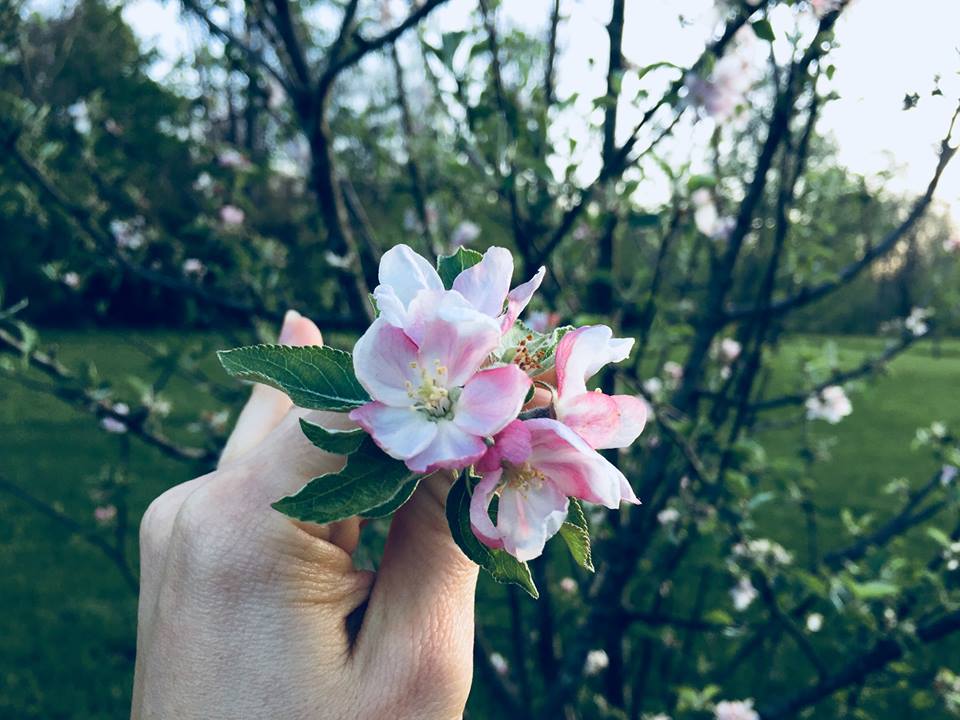
He’s Got the Whole World in His Hands
The chipper Vanderbilt receptionist couldn’t find my husband’s information. After a few minutes, I apologized to the senior couple, standing beside us, who were next in line. They wore comfortable, ironed clothes in various shades of tan that complemented their skin and hair. The woman carried a sandwich bag of store-bought cookies. She held the bag primly, by the tips.
The receptionist located my husband’s information, so she turned to this couple and asked for the date of birth. The woman, his wife, spoke for him: “October 6, 1926.”
1926. I did a double-take. I tried to do the math in my head but, being an English major, stopped at 1986. I’d guessed the couple to be in their mid-seventies, but they were two decades older than that.
The man shook his head and smiled at his wife because she had spoken for him. I grinned at her and said, “We’ve got to take care of our men, don’t we?”
She smiled back, and that was it. We were soon asked to go to radiology for my husband’s MRI, and they went off to another part of the building.
His scan showed what the neurologist had expected, the benign tumor’s minor growth, but we had been believing for more. After scheduling our radiology appointment, to discuss pros and cons of pinpoint radiation, we had lunch at Fido, near Vanderbilt, and headed home. For one hour and fifteen minutes of the one hour and thirty-minute drive, I was fine. I edited a project. Texted family and friends. But then I thought of that man, born in 1926, who was at the same hospital as my husband, born in 1979.
I cried, “I want a normal, comfy life! I want to be ninety-two years old and wearing little pressed clothes and carrying around a little bag of cookies!”
Then I started wailing. I am all about being in touch with my emotions, but this thing caught me off-guard. My husband glanced over at me. I sounded like a freight train. I sounded like I was giving birth.
The force of it lasted about three minutes. Throughout it all, he said, “Our story’s not over. Our story’s not over.”
And I said, “I know! I know!” even as I wept.
Afterward, he gently asked, “Do you know anybody who has a normal life?”
I mopped my face and stared out the windshield. I couldn’t think of a single person. The hospital alone was evidence of that. There’d been a young woman, wearing oxygen in the radiology waiting room, holding her head and crying. Her mom sat beside her. I sat there, too, but then I couldn’t stand it. I knelt in front of her chair and asked if I could get her anything. She said I couldn’t, so I asked if I could pray for her. She nodded, so I put a hand on her thin back and prayed for breath, prayed for the pain to ease.
She said, with a tear-filled smile, with a thin silver cross at her neck, “One thing this does is strengthen your faith.”
She was twenty-two.
Last December, after my husband’s scan confirmed growth, we’d gone to Fido for brunch. I was so full of anger that I’d wanted to trip anybody who’d looked like they were having a good time. Six months. That’s all it’s been. But in six months, Jesus has so deeply revealed His love to me, and His love for people, that I no longer want to trip them. Instead, I want to love them. I want to wrap them in my mama arms until the pain goes away.
My husband continued, “God either has my life or He doesn’t. One scan doesn’t change that.” He paused. “Do you think that ninety-two-year-old couple feel like they’ve had enough time? I bet they don’t.”
I looked at this wise, handsome man, who has become even dearer to me over the past four years since we began walking this rather abnormal, unsettled life.
I thought of the senior gentleman I saw in the wheelchair before we left the hospital. He was tall but crumpled, parked in a beam of noon sunlight that fell from the windows above. His world-weariness, his disappointment, was as visible as that light.
I walked past him, and then I looked back. What could it hurt? I thought, to ease someone’s pain? I walked back and asked if I could pray for him. No doubt, he looked at me like I had looked at that ninety-two-year-old couple: believing my life has been far easier than his. But then he nodded, and I prayed what I pray for my children: that he would know God’s love from the top of his head to the soles of his feet.
That prayer may seem juvenile, but if you knew you were loved unconditionally, and that love was without selfish motivation, without fault, how would that change you?
I know that love has changed us.
If my husband and I had never walked through this, would we love each other as much as we do now? Would we cherish our girls as much as we do now? Would our faith be as strong as it is now? Would my heart be as honest as it is now, knowing that Jesus loves me, even when I doubt?
No, a normal, “comfy” life would not have produced this fruit. As painful as this fruit has been to sow, to cultivate, to bear, I know I am not the same person I was in December 2014, and my husband is not the same either. We each have experienced an awareness of Jesus’ unshakeable, peace-giving love, and this love has pushed our roots deep.
Yesterday, I overheard my husband and girls singing, “He’s Got the Whole World in His Hands.”
He’s got the whole world in His hands
He’s got the whole world in His hands
He’s got the whole world in His hands
He’s got the whole world in His hands…
Do you trust God’s love? If not, how are you going to begin?



